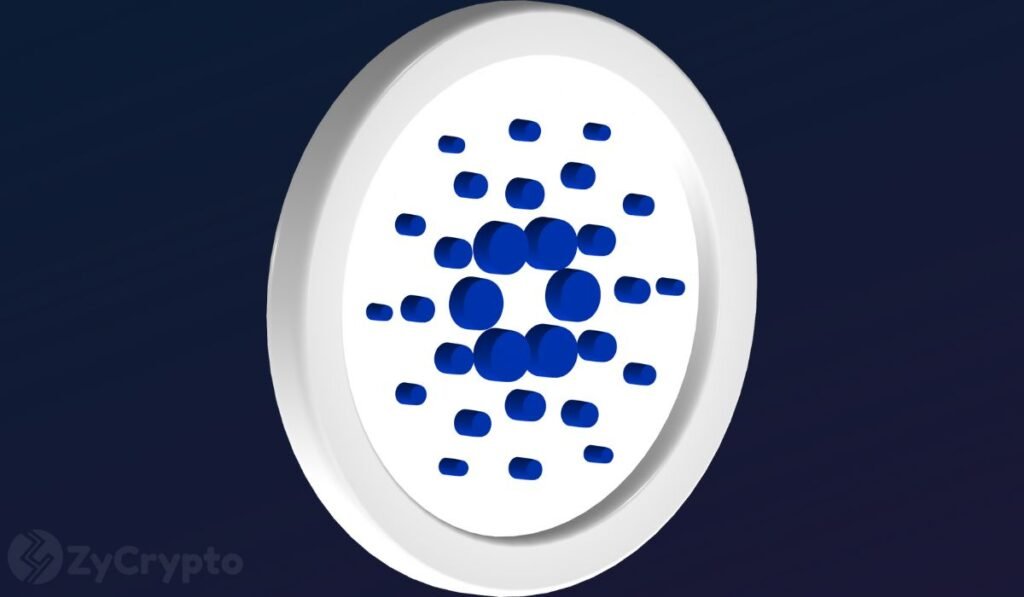Cardano, a popular blockchain platform, has recently announced the integration of the Inter-Blockchain Communication Protocol (IBC) to enhance interoperability. This new integration will allow for seamless transactions and data exchange across different blockchains, making Cardano a cross-chain ecosystem and attracting more decentralized applications (DApps) to the platform. The Cardano Foundation believes that the IBC Protocol will address key challenges in the blockchain space, such as interoperability, scalability, and data privacy, while also improving security and reducing fees for users and creators.
With the implementation of the IBC protocol, Cardano will be able to establish a bridge between its projects and other Cosmos SDK chains, connecting with a wider ecosystem of over 115 IBC-enabled chains. This integration will also bring Ethereum Virtual Machine (EVM)-based sidechains to Cardano, allowing developers to launch EVM-based DApps on Cardano sidechains. By combining the security of Ethereum with the scalability of Cardano, developers will have access to a more versatile and innovative platform to build upon.
The integration of the IBC protocol into Cardano demonstrates the platform’s commitment to becoming a reliable blockchain solution. Recent developments, including the successful mitigation of a Distributed Denial of Service (DDoS) attack and the upcoming Chang hard fork, which will usher in the Voltaire era, have solidified Cardano’s reputation as a secure and resilient blockchain platform. The chain has also seen a growth in total value locked (TVL) and on-chain volumes, indicating increasing interest and adoption among DApp developers.
The benefits of this integration extend beyond just improving interoperability and scalability. Businesses will now have the opportunity to leverage the strengths of multiple blockchains, leading to enhanced flexibility and cross-platform innovation. By adding the IBC protocol to Cardano, the platform aims to contribute to the broader scalability, reach, and connectivity of blockchain technology, paving the way for a more interoperable future. This integration further positions Cardano as a leading player in the blockchain industry, attracting both developers and users seeking a reliable and innovative platform for their projects.
Overall, the integration of the IBC protocol into Cardano marks a significant milestone for the platform, as it expands its capabilities and strengthens its position in the blockchain ecosystem. With enhanced interoperability, security, and scalability, Cardano is poised to attract more DApp developers and users looking for a reliable and versatile blockchain solution. The upcoming Chang hard fork and the platform’s growing TVL and on-chain volumes further demonstrate Cardano’s continued growth and evolution as a leading blockchain platform in the industry. As Cardano embraces the future of blockchain technology, it remains a platform to watch for those seeking innovative solutions and cross-chain connectivity.

